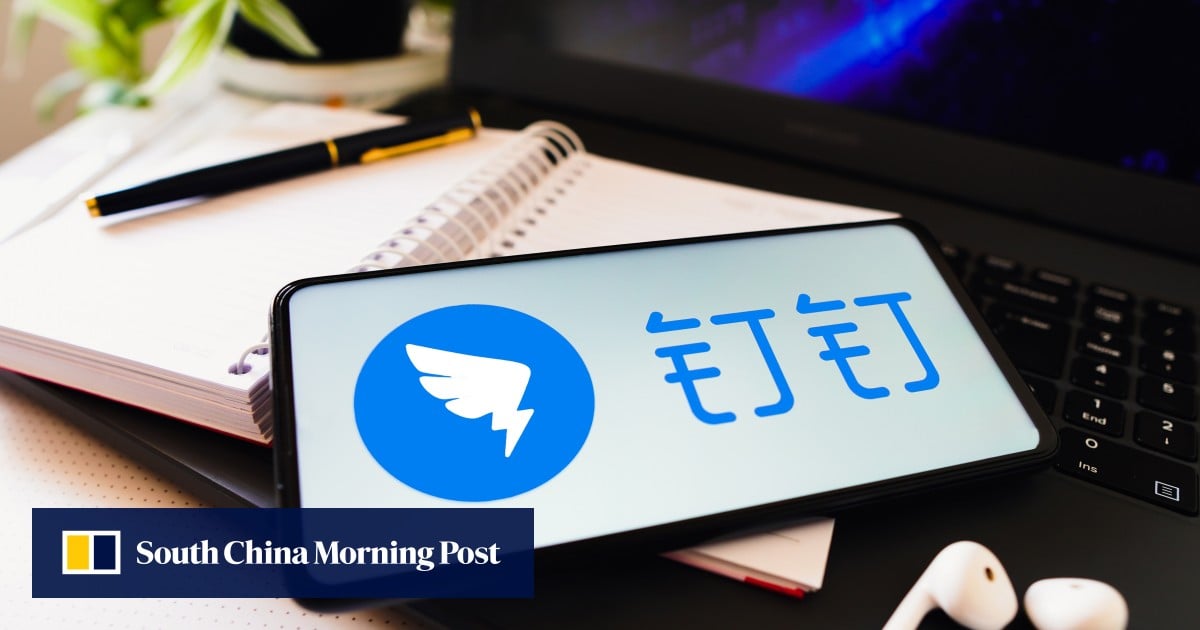
09 Jan Alibaba’s DingTalk updates workplace collaboration app with new AI agent amid growing client demand

Alibaba Group Holding’s DingTalk launched an updated version of its workplace collaboration app on Tuesday with the addition of an artificial intelligence (AI) agent function to help users streamline and customise their workflow.
The development comes amid a flurry of activity in the AI sector as Chinese companies rush to incorporate ChatGPT-like services into their products and after a similar move by ByteDance’s rival app Feishu. Alibaba owns the South China Morning Post.
The AI agent feature announced alongside DingTalk 7.5 at a corporate event held in Hangzhou, capital of eastern Zhejiang province, is designed to address feedback gleaned from more than 700,000 corporate clients, said Ye Jun, president of DingTalk, in a statement.
The new tool is expected to promote greater adoption of AI products in the industry, according to the company.
“As the tide of AI-generated content increasingly finds its way into productivity and [business] use cases, AI agents have emerged as the most suitable gateway for AI applications,” said Ye.
ByteDance brings AI to office tool Feishu, taking on Tencent and Alibaba
ByteDance brings AI to office tool Feishu, taking on Tencent and Alibaba
Ye added that DingTalk’s goal is to become an AI agent platform with low entry barriers, with the marketplace expected to grow substantially in the next three years.
As of the end of 2023, Dingtalk had over 700 million users. It also has 25 million organisations, including corporate and educational institutions that use its platform, of which 120,000 are paying clients, said Ye.
Shoes and apparel giant Belle International has rolled out a customised AI agent on its DingTalk platform to track parcel shipment issues, with plans to expand the use of the agent to more cases, including stock allocation.
DingTalk’s addition of an AI agent function, powered by the group’s Tongyi Qianwen large language model (LLM), comes after ByteDance’s Feishu made a similar push last November.
LLMs are the deep learning models, pre-trained on vast amounts of data, that underpin chatbots such as OpenAI’s ChatGPT, which took the world by storm a year ago with its ability to understand complex questions and respond with human-like text.
At the launch of Feishu 7, ByteDance introduced an AI bot dubbed Feishu Intelligent Buddy, which can help users with daily tasks such as drafting emails, drawing up spreadsheets and summarising long reports.
Feishu also announced a platform to enable its corporate clients to build and customise AI bots according to business needs, it said at the time.
After a year of hype over AI chatbots, Chinese Big Tech firms including Alibaba, ByteDance and Baidu have been rushing to build competitor products to ChatGPT, with applications spanning the finance, legal, manufacturing, retail and public sectors.
